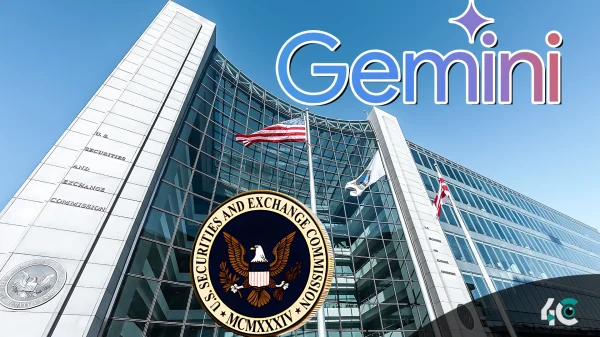The Federal Court of Australia fined Bit Trade, the operator of Kraken’s Australian subsidiary, $5 million for failing to comply with regulatory standards. The Australian Securities and Investments Commission (ASIC) brought a legal case accusing Bit Trade of operating a credit facility without sufficient licensing, leading to this decision.
Justice John Nicholas, who ruled over the case, stated that Bit Trade provided a “margin extension” product to over 1,100 consumers without adhering to the country’s design and distribution responsibilities. The program enabled customers to trade with leverage and repay in cryptocurrencies or fiat currencies without the legally required target market determination (TMD).
The court’s ruling came after ASIC asserted that the margin product resulted in large customer losses, with fees totaling over $7 million and trading losses exceeding $5 million. One investor reportedly lost about $4 million. Justice Nicholas denounced Bit Trade’s noncompliance, asserting that revenue maximization, not adherence to regulatory standards, drove the violations.
Although ASIC requested a penalty of $12.8 million, the court decreased it, finding it exorbitant but still greater than Bit Trade’s suggested $2.5 million punishment. In addition to the punishment, the court ordered Bit Trade to cover ASIC’s legal fees.
ASIC Chair Joe Longo stressed that the decision serves as a warning to cryptocurrency companies operating in Australia. He underscored the significance of TMDs in guaranteeing appropriate marketing of financial goods and safeguarding customers from harm.
This case demonstrates the growing regulatory pressure on the cryptocurrency business as governments and regulators attempt to clarify compliance standards. ASIC is now soliciting advice from the digital asset sector on updated financial product classification standards, with the goal of striking a balance between innovation and consumer protection.
With feedback on these suggestions accessible until February 2025, the conclusion of this consultation might have a significant impact on Australia’s digital asset regulatory framework.














































